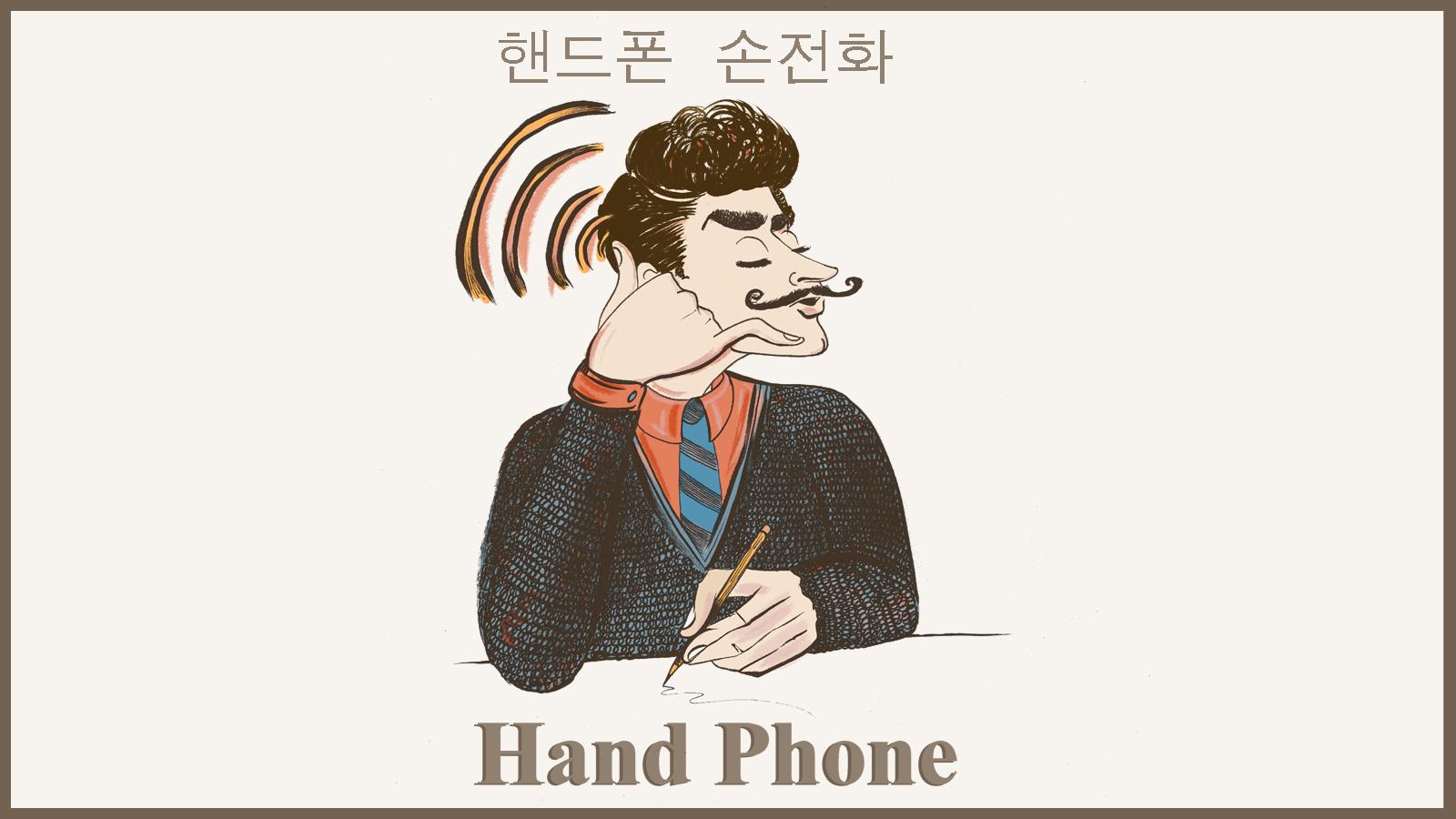If you’re placing a phone call to North Korea, it may be answered on a ‘hand phone’
The Korean language has evolved differently in the North and the South over the more than 60 years the two countries have been divided. One of the main factors distinguishing the two versions of the language is how each adapts to English, with the South more readily using English words and the North more likely to come up with homegrown alternatives.
The North Korean terms have their own logic, which can be seen as a kind of reimagination of the term at hand. The term for “cell phone,” for instance, means “hand phone” if translated literally back to English. We asked illustrator Leslie Agan to play with this idea, and she came up with this series of drawings, including the one at the top of this post. At the top of each drawing is the word in Hangul, the Korean alphabet, followed by the literal English translation below.
The linguistic differences can be one of the biggest challenges facing North Korean refugees who make it to the South, which is why a group of researchers have developed an iPhone app to help with translations of tricky phrases, a story told in the latest World in Words podcast.
World in Words Correspondent Jason Strother found a few more examples of North Korean adataption of English from North Koreans in South Korea. We then ran them by Professor Eunmi Lee, the cordinator of the Korean language program at Northwestern University. She believes that the North Koreans are on the right track when it comes to preserving their language.
“While North Korea tries to maintain the Korean language intact, the influx of English words in South Korean lexicon is becoming reckless,” she wrote us in an email.
The terms in question are for words that wouldn't have been in the Korean language to begin with, like with new foods. The North Korean term for "Donut," for instance, literally translates in English to "ring bread."
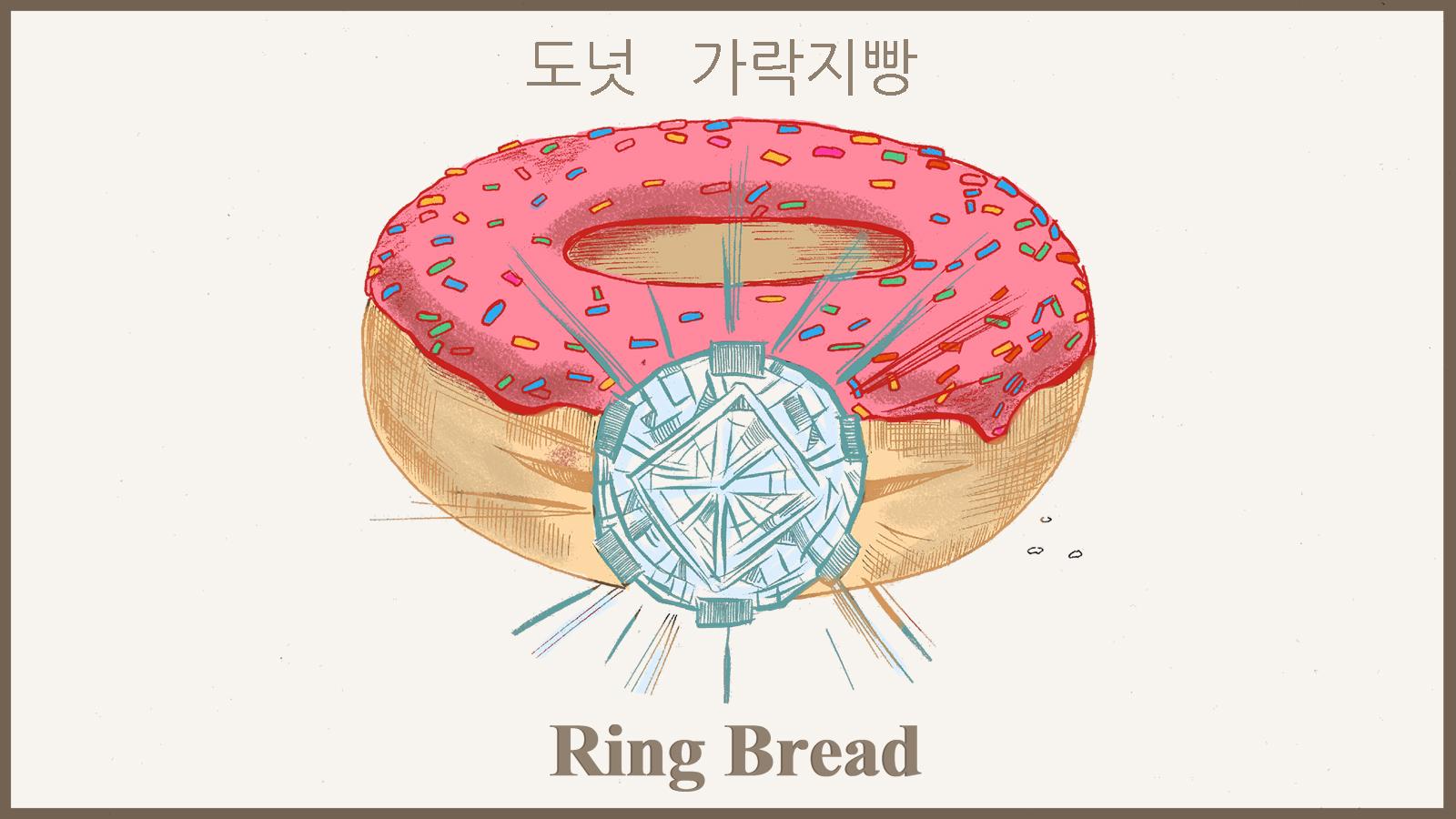
Soccer is an area where these terms abound. Free kick is “Punishment kick,” for instance.
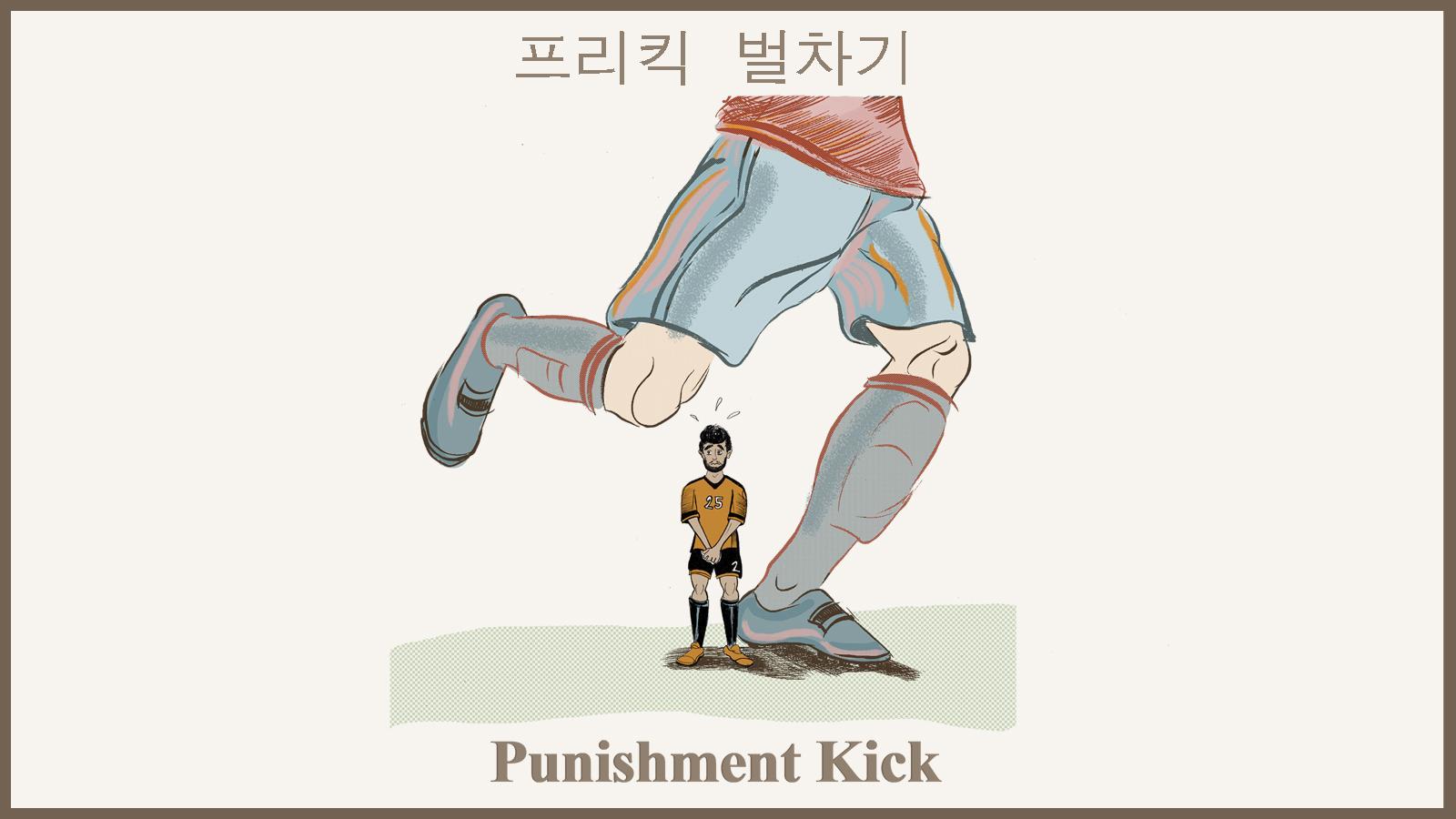
And the term for "Goal Keeper" means "Gate Protector," as in "Tim Howard is the best American Gate Protector of all time."
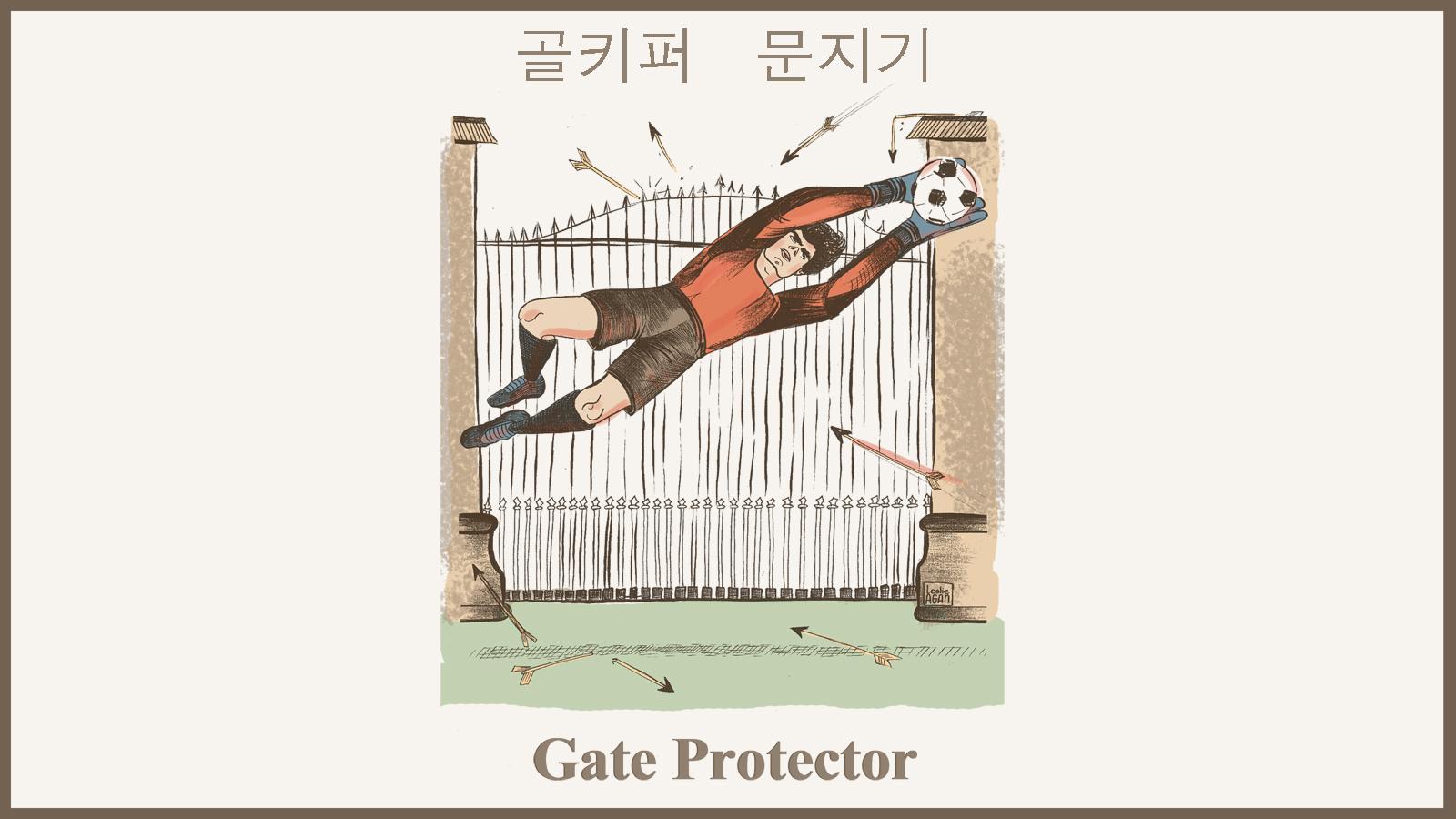
Other translations are more direct. Rather than import the word for “hand bag,” North Korean simply uses the same terminology in Korean: sohn-ka-bang. South Korea, on the other hand, uses the term han-du-ba-gu.
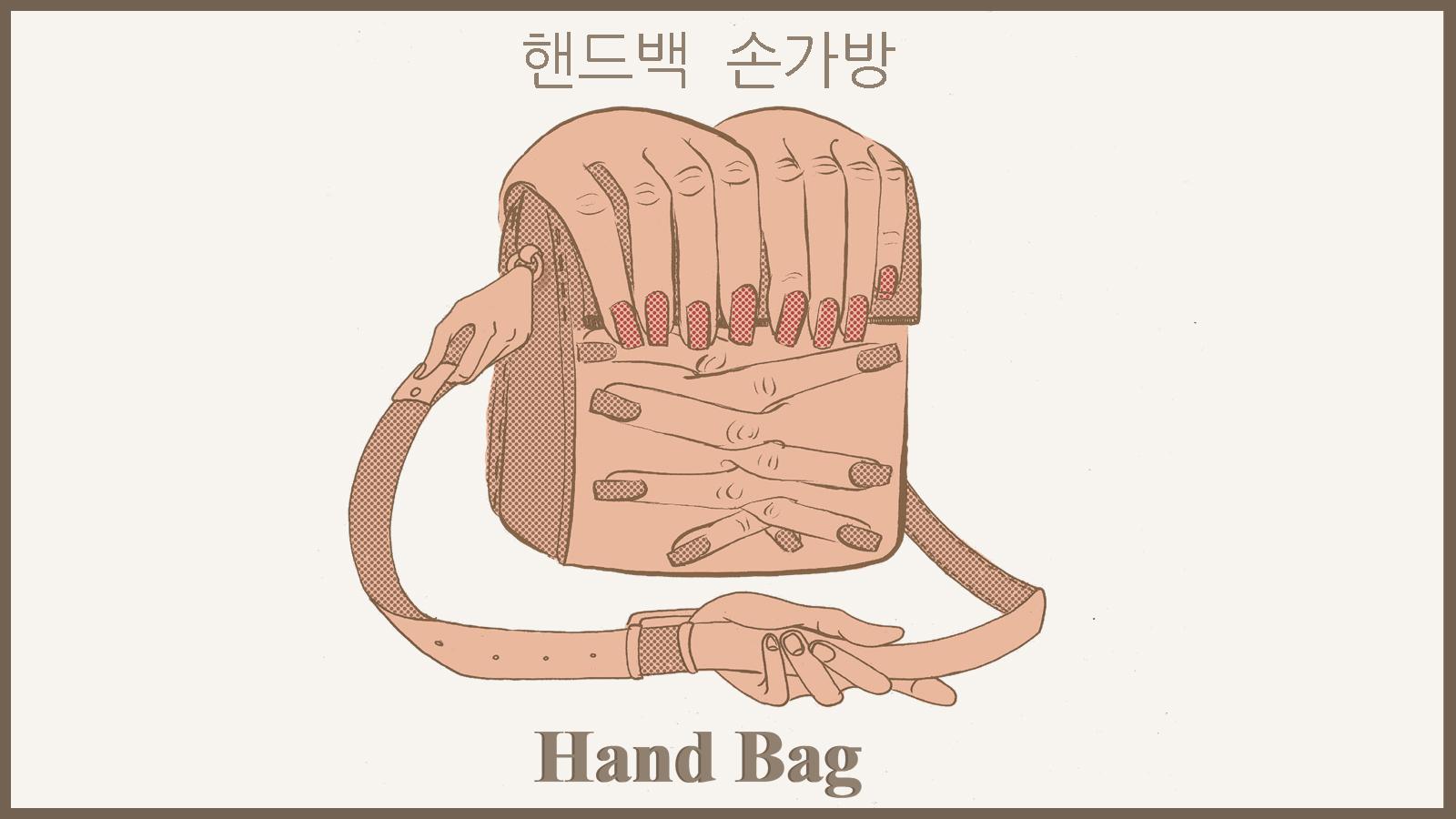
North Korea is hardly alone in its desire to preserve its language and protect it from encroaching English vocabulary. It's a tendency common all over the world. France is particularly strident, frequently banning English words from official documents, with “hashtag” being one of the more recent targets. In Brazil, a proposal to ban scores of English words passed the lower house of congress in 2001 before stalling. The Malaysian government banned the broadcast of Malaysian songs with English lyrics on state radio and television in 2004.
Our coverage reaches millions each week, but only a small fraction of listeners contribute to sustain our program. We still need 224 more people to donate $100 or $10/monthly to unlock our $67,000 match. Will you help us get there today?
